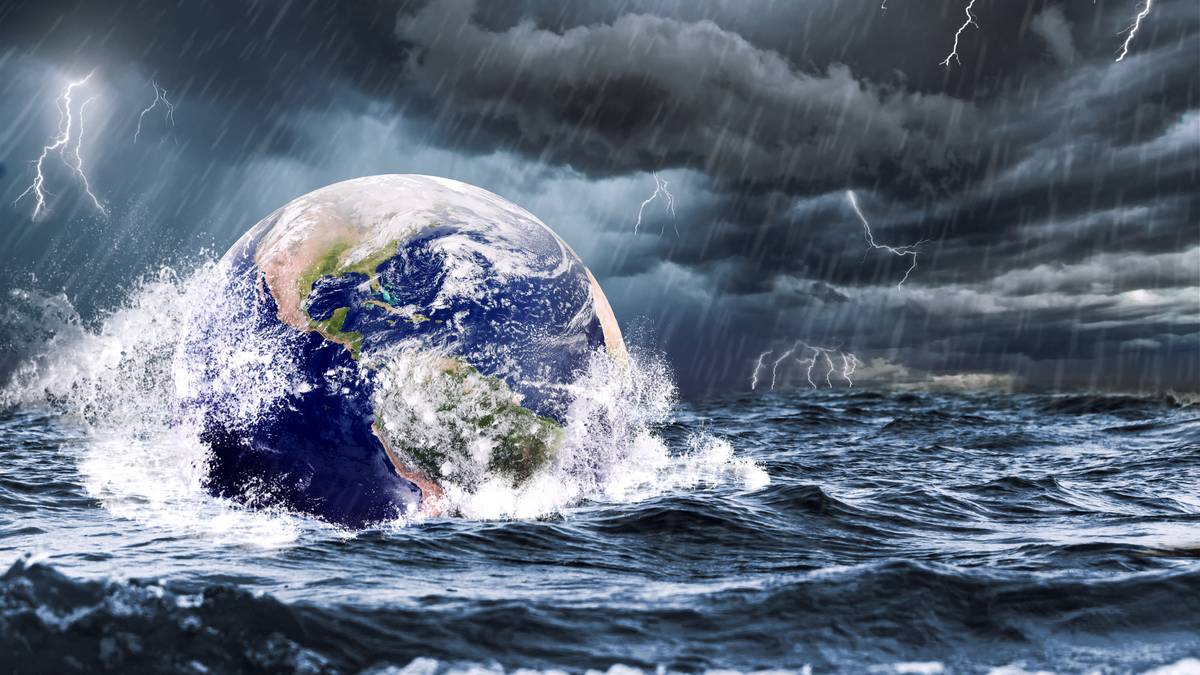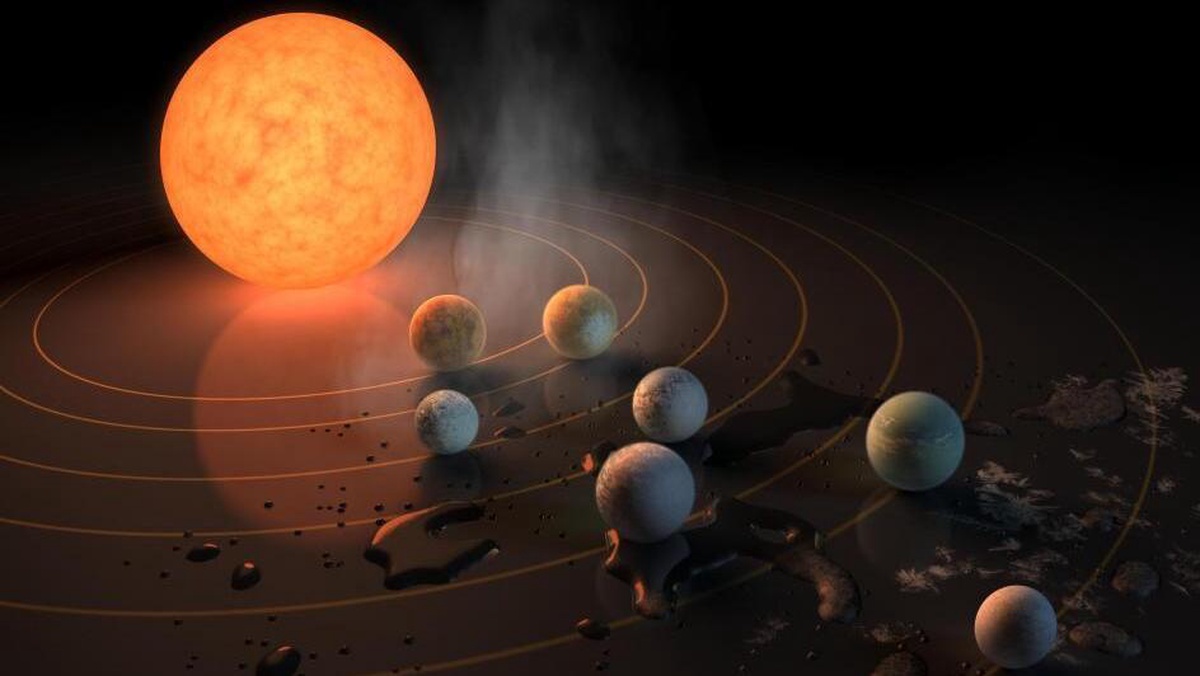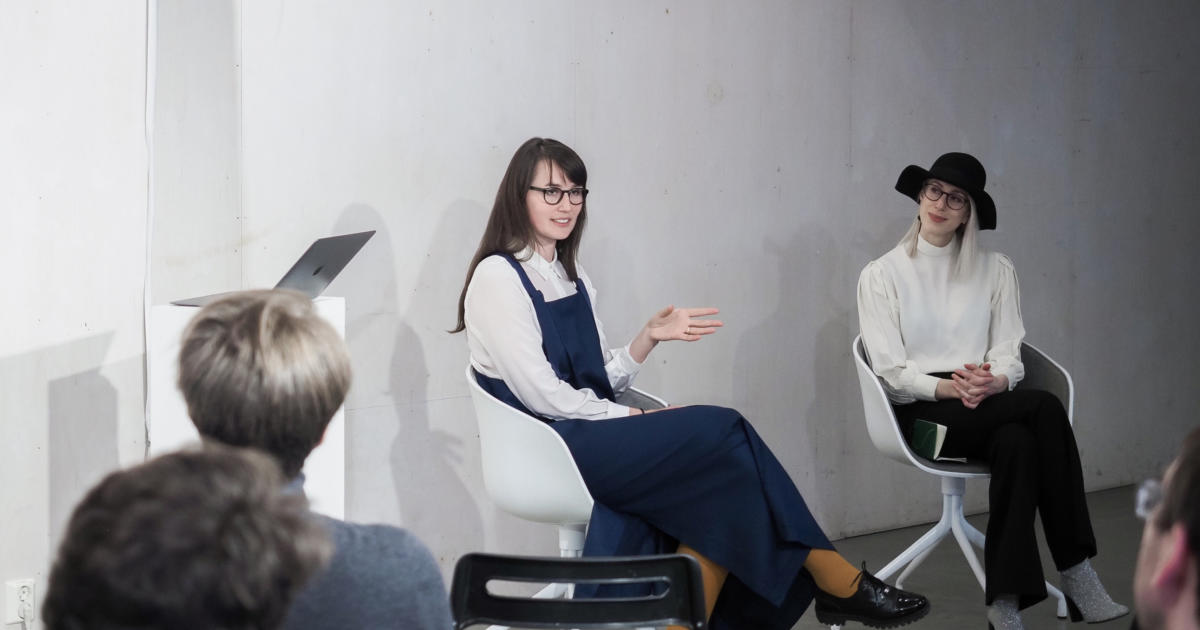Humanity faces enormous challenges. We know that in a few decades we will have to enter a new era, with lower consumption and a sustainable relationship with nature, but we don’t yet know how.
So we will need knowledge and a lot of it.
When things get tough we need good answers, but today’s knowledge development and management are under pressure. The development of knowledge is not a luxury of happy times.
Here are three things to remember, if we believe the future is worth fighting for:
1. We must use the knowledge that everything exists
There are enormous challenges that we will face in 2022. The climate crisis. A natural crisis. Pandemic and new diseases. Phasing out fossil energy. Reducing excessive consumption of resources. Distribute resources more equitably. to mention something. And we all know why.
In short, we are the victims of our own success.
We have succeeded in creating a financially better life for many. We are healthier, live longer, and have more freedom of choice. But at a price.
Development has an unpaid bill that we pay to future generations. We have gone beyond sustainability, both in number and material consumption, and have extracted far more natural resources than the planet can bear.
And even if growth slows, we still have to settle for a while to become more people on the planet.
The next 50 years will not be easy, but at the same time it presents an opportunity to create a better life than today, both for us and for nature.
Today’s crises are global. It threatens the entire foundation of our lives, and must be resolved through radically new thinking and across sectors. It must also happen in just a few decades, if we are to avoid one or more collapses of the welfare society, or the nature on which we depend.
Nobody knows exactly what it will take to move. But one thing is certain: Whatever we do, it must be based on knowledge.
Today we know more about both nature and society than ever before in history. It’s a good starting point. We know enough to work, but at the same time we have huge knowledge gaps.
Nobody has been in this position before. We haven’t seen the climate, nature, industry or economy as it is now. Therefore, new knowledge and new epistemological alliances are needed.
We must work more and better across disciplines.
But both in Norway and elsewhere, the science is increasingly being called into question, or used selectively to support one’s arguments. All science can be questioned, but not without criticism.
We have jointly agreed to train people to manage our collective knowledge. We must listen to these experts, now more than ever, because it is precisely in times of crisis that we need what we pay them for.
We also have to use knowledge, we don’t have time to “wait and see” and passively make unwise decisions.
2. We must support those who transmit knowledge
When was the last time you heard news from the world of science? It was supposed to have been transmitted by a journalist, who in turn spoke to one or more sources.
The bridge between the fruits of our enormous research and development effort, and society’s access to knowledge, is often formed by a small group of intermediaries. People who go the extra mile to talk about the news and remember solid knowledge.
However, the transfer of knowledge to the public has become more and more demanding. Comments are getting tougher and more personal, both directly and in social media.
Some deal with this, but not all. Many academics choose to lower the priority of publication, on the grounds that they cannot withstand storms that might blow.
Being active and visible in the media often has a hefty price to pay, but with a low reward in professional terms.
Mediation has few advantages in academia, and often has to be carried out outside normal business hours, without compensation.
When you speak out, you should always be ready for responses and refutations. However, bullying is just as bad among adults online as it is among kids in the schoolyard, and yet, unfortunately, it is exactly what many of today’s knowledge providers experience.
This impairs our ability to use knowledge for the benefit of society.
3. We must build on the knowledge we already have
The most important thing is to continue to develop knowledge, so that it helps us safely in the future. Whether it’s the Industrial Revolution, the Agricultural Revolutions, the Information Technology Revolution, or today’s multi-headed battle against intolerance and xenophobia.
It is all based on knowledge, as well as spreading that knowledge to as many of us as possible. As is known, crises are never resolved by the same methods in which they arose.
Thus, today’s formidable and interconnected challenges also pose a need for knowledge unparalleled in history.
The search cannot be without discounts. But when things get tough we need the good answers, and then we also have to find the means to get them.
Many of us feel that the cold wind is blowing on search, and that research becomes a redeeming element when society registers its urgent needs.
It’s not that all research is good, and that Should Strict requirements are set, but research and researchers deserve respect and predictability.
Research should be beneficial, but not just by saving “money in coffers”. It should also point out uncomfortable truths when needed, it should contribute to an enlightened society and have a time horizon stretching into eternity.
Over hundreds of years, universities and other knowledge institutions have given us a better life in many areas, and made us more human. However, knowledge must be managed and renewed.
We need new recipes for how society evolves for a better future. This knowledge must be created, disseminated, and used.
Only in this way can the next fifty years be an evolution for the better, both for us and for nature.

“Explorer. Unapologetic entrepreneur. Alcohol fanatic. Certified writer. Wannabe tv evangelist. Twitter fanatic. Student. Web scholar. Travel buff.”




